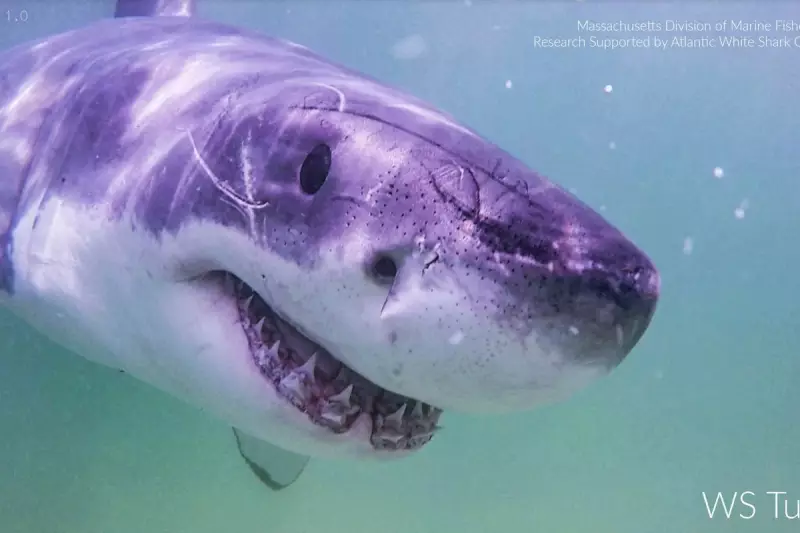
In a startling discovery that underscores the far-reaching impact of climate change, new scientific research has revealed that rising carbon dioxide (CO2) levels are causing a hidden crisis beneath the waves: the weakening of shark teeth.
The study, which paints a concerning picture for the future of marine predators, found that ocean acidification—a direct result of absorbing anthropogenic CO2—is corroding the very denticles that make up a shark's formidable dental armour.
The Silent Attack on a Predator's Tools
Sharks are renowned for their multiple rows of sharp, regenerative teeth, essential tools for hunting and feeding. However, this new research demonstrates that these structures are not immune to the changing chemistry of our oceans. As CO2 dissolves in seawater, it forms carbonic acid, lowering the pH and reducing the availability of carbonate ions—a critical building block for calcium carbonate minerals.
Many shark species rely on these minerals to form and maintain their tough, resilient teeth and skin denticles. The study suggests that in increasingly acidic waters, this process is severely disrupted, leading to softer, less durable, and potentially dysfunctional dentition.
Implications for Survival and Ecosystem Balance
The ramifications extend far beyond individual sharks. As apex predators, sharks play a crucial role in maintaining the health and balance of marine ecosystems. Weakened teeth could impair their ability to hunt effectively, leading to:
- Reduced feeding efficiency: Compromised ability to catch and consume prey.
- Altered predator-prey dynamics: Potential shifts in the population of species they hunt.
- Population decline: Long-term risks to shark numbers, triggering a cascade of negative effects throughout the food web.
This research provides a stark warning that even the most resilient ocean creatures are vulnerable to human-induced environmental change.
A Call to Action from the Scientific Community
The findings add a new, urgent dimension to the conversation about ocean conservation and climate action. Protecting these ancient predators requires a dual approach: mitigating global CO2 emissions to curb ocean acidification and strengthening conservation efforts to safeguard vulnerable shark populations from other threats like overfishing.
This study serves as a powerful reminder that the consequences of climate change are pervasive, affecting even the most iconic and powerful inhabitants of our planet's oceans.





